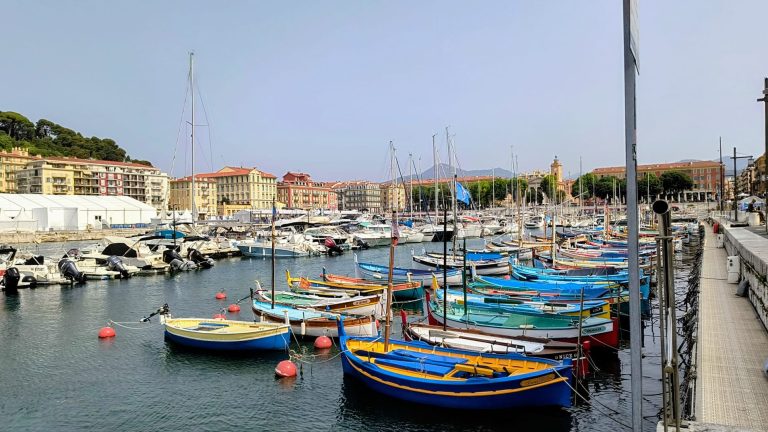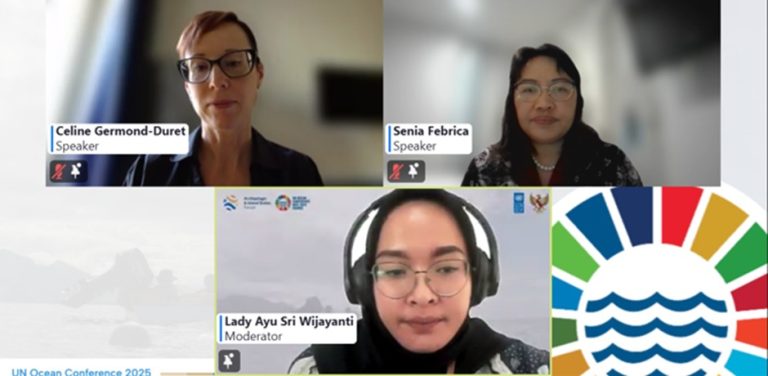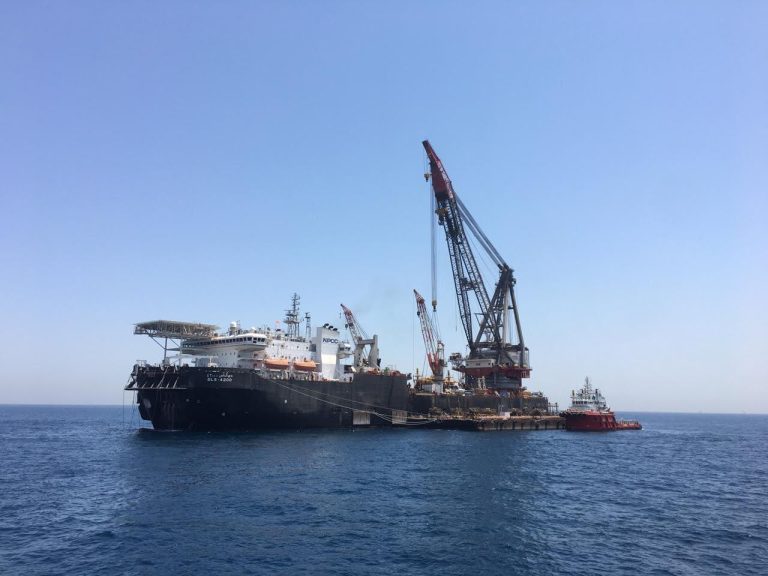As blue economy initiatives expand around the world and stakeholders further exploit coastal and marine resources, it is critical to deepen our understanding of how the blue economy can be just and fair. This blogpost calls upon all stakeholders attending the UN Ocean Conference 2025 to ensure that traditionally overlooked stakeholders, such as coastal communities, are at the centre of the blue economy process.
In the context of the blue economy, the political declaration of the UN Ocean Conference 2022 noted the contributions of the ocean in providing “decent jobs and livelihoods,…a means for maritime transportation, including for global trade, and” in “playing an essential role in sustainable development, a sustainable ocean-based economy and poverty eradication” (UN Department of Economic and Social Affairs, 2024). Building from the 2022 UN Ocean Conference, France and Costa Rica will co-host the high-level 2025 United Nations in Nice, France, on 9 – 13 June 2025. The overarching theme of the Conference “Accelerating action and mobilising all actors to conserve and sustainably use the ocean” stresses the pressing need to support further and urgent action to conserve and sustainably use the oceans, seas and marine resources for sustainable development.
The concept of blue economy is defined as “the sustainable pursuit of economic activities resulting from the exploitation of coastal and marine resources” (Germond-Duret and Germond, 2022). It has raised both hope that environmental protection will be at the heart of (economic) activities at sea, and concerns that it will facilitate further unsustainable exploitation of coastal and marine resources. The blue economy concept can be seen as being part of a wider “blue acceleration” process, “a race among diverse and often competing interests for ocean food, material, and space” (Jouffray et al., 2020); for example, the debate over deep sea mining illustrates the tension between the prospect of future economic benefits and environmental concerns in the marine space (Childs, 2019).
Current concerns about ocean injustice results from two interacting dynamics. First, a long-standing sea blindness, that is “a general lack of interest for the marine space, and the failure to recognise how it connects and matters to societies, cultures and people’s identity” (Germond-Duret and Germond, 2022); and second, a general disregard for the social element in debates on sustainable development, whether on land or at sea. The social dimension of sustainable development is indeed often overlooked, with current framings situating sustainability solely within the tension between economic growth and environmental protection (forgetting its social dimension in the process) (Vallance et al., 2011; Victor, 2012; Germond-Duret, 2014). Three reports published recently by the UN Special the Special Rapporteur on the promotion and protection of human rights in the context of climate change, Elisa Morgera and the UN Special Rapporteur on the right to development, Surya Deva call for the recognition and consideration of social, cultural and human rights dimensions in blue economy development. Key points from their reports are listed below.
Report of the Special Rapporteur on the promotion and protection of human rights in the context of climate change to the UN General Assembly on “Access to information on climate change and human rights” (A/79/176)
- “States should gather and share information on the quantity and priorities of climate finance projects (see A/HRC/54/31) and just transition programmes, including deep-sea mining activities, with accessible, accurate, credible and timely data to evaluate the effects of these programmes on climate change and human rights, and enable access to remedy and combat corruption (see A/78/155)” (paragraph 17).
- “States should collect information on carbon finance, just transition, carbon credits and climate technologies from environmental and human rights impact assessments (see A/62/214), accounting for cumulative, indirect and interconnected impacts at all levels and over time, and intersectional analysis of differentiated impacts on vulnerable groups… States should ensure that human rights are integrated into these environmental impact assessments, enabling the meaningful participation of rights holders and consideration of past, ongoing and expected damage from climate change to cultures, tangible and intangible cultural heritage and cultural rights (see A/75/298)” (paragraph 20).
Report of the UN Special Rapporteur on the right to development, Surya Deva on “Right to development of children and future generations” (A/HRC/57/43)
- “Governments should facilitate the participation of children in preparing annual budgets because the allocation of resources has a direct correlation with the realisation of their rights. Children should also be involved in decisions concerning ocean governance to safeguard their rights” (paragraph 47).
- “Ensure active, free and meaningful participation of children and representatives of future generations in all policymaking and execution decisions, including those concerning the right to development, the Sustainable Development Goals, annual budgets, climate change, ocean governance, new technologies, trade and investment agreements and public debt” (section B, point d).
Report of the Special Rapporteur on the right to development, Surya Deva on “Climate justice: loss and damage” (A/79/168)
- “Precaution. In line with the United Nations Framework Convention on Climate Change and the Paris Agreement, “the best available scientific knowledge” should guide States’ response to climate change. At the same time, lack of scientific certainty should not be used to delay action, and the precautionary principle must be adopted in relation to climate change. For example, if the world does not know enough about how deep-sea mining might affect marine life and the entire ocean ecosystem generally, the precautionary principle should be applied in granting exploration licences. The same could be said about unproven carbon mitigation, capture and storage technology” (paragraph 33(g)).
Recommendations
Drawing from our research project “Ocean Justice and the Blue Economy” we recommend governments, the United Nations system, intergovernmental organisations, international financial institutions, and businesses attending the UN Ocean Conference 2025 to:
- Prioritise the experiences and voices of local communities in designing, monitoring and implementing blue economy initiatives.
- Ensure meaningful participation of ocean dependent communities including Indigenous Peoples, local communities, small-scale fishers, women, children and young people in blue economy processes.
- Strengthen the capacity of ocean dependent communities to participate in blue economy development process at local, national and international levels.
- Integrate social and cultural considerations in environmental impact assessment when assessing the sustainability of blue economy activities.
- Share information on blue economy activities with all stakeholders, including local communities in accessible and timely manner.



